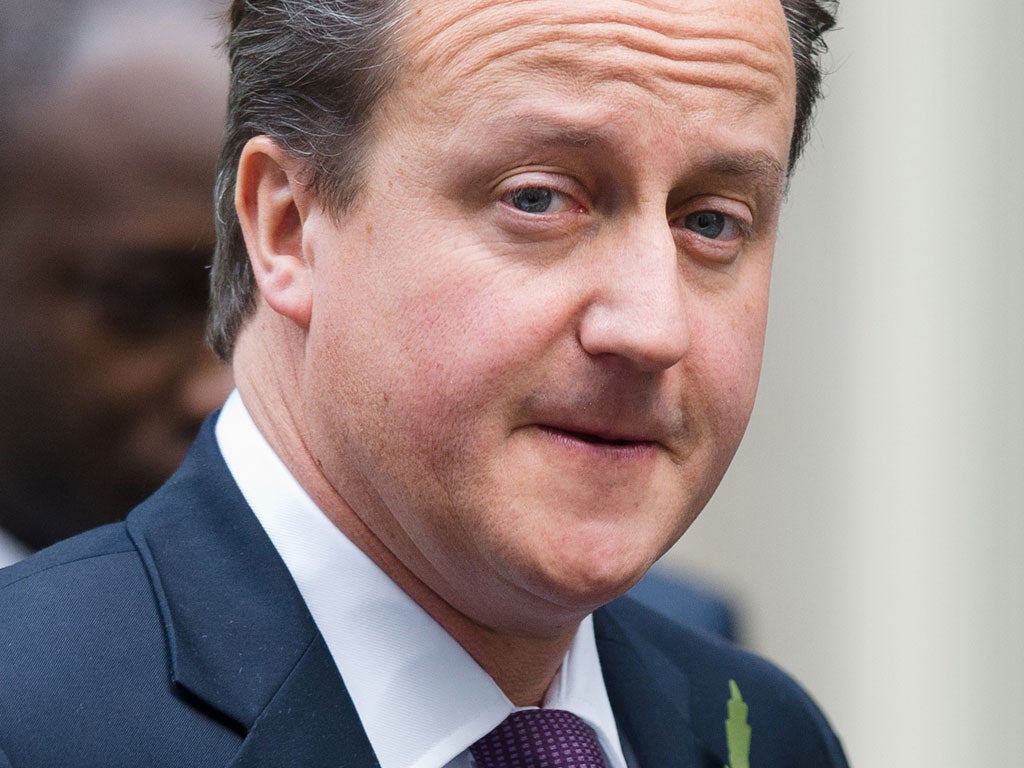Average income stagnant for twelve years – and it won't improve for at least eight more
A typical low income family in 2020 is set to have an income 15 per cent lower than in 2008

Your support helps us to tell the story
From reproductive rights to climate change to Big Tech, The Independent is on the ground when the story is developing. Whether it's investigating the financials of Elon Musk's pro-Trump PAC or producing our latest documentary, 'The A Word', which shines a light on the American women fighting for reproductive rights, we know how important it is to parse out the facts from the messaging.
At such a critical moment in US history, we need reporters on the ground. Your donation allows us to keep sending journalists to speak to both sides of the story.
The Independent is trusted by Americans across the entire political spectrum. And unlike many other quality news outlets, we choose not to lock Americans out of our reporting and analysis with paywalls. We believe quality journalism should be available to everyone, paid for by those who can afford it.
Your support makes all the difference.Millions of the "strivers" targeted by David Cameron face a grim decade of stagnant living standards because of job cuts and low pay rises, the Prime Minister is warned today.
The Resolution Foundation says that many low and middle income homes will be no better-off in the year 2020 than they were in 2000 unless they are given special help to boost their prospects.
The think-tank calls for improved childcare, cuts in council tax on smaller homes and incentives for older workers to take jobs.
Mr Cameron told his party's conference this month the Tories would support people "who strive to make a better life for themselves and their families".
But the up-hill struggle they could face to achieve that ambition is underlined by the foundation's warning that middle-income households could fail to share in any economic recovery.
"On the UK's current path, come 2020, household incomes across the bottom half of the working age population look likely to be lower than they are today," it says. "A typical low income household in 2020 is set to have an income 15 per cent lower than an equivalent household in 2008, a return to income levels not seen since 1993."
It calculates that two million senior and professional positions are likely to be created during this decade, as well as 400,000 basic service jobs.
However, about 800,000 mid-level administrative and manufacturing posts – the sort of jobs filled by the so-called strivers – are likely to vanish because of new technology and increasing globalisation.
For those who remain in work, there is little prospect of sustained wage because high unemployment is depressing salary levels. The think-tank estimates that the existence of long dole queues is currently lowering pay rates by about £2,000 a year.
Nor can people on lower incomes rely on tax credits, which have fallen sharply in value in recent years, to boost their living standards.
The think-tank will today call for a major drive to boost employment among young parents by improving childcare provision, and among older workers by cutting their National Insurance pay- ments.
It also backs moves to raise wage rates in poorly-paid sectors and to improve school-leavers' qualifications by introducing a compulsory examination for 18-year-olds.
Its findings are contained in a report from the Commission on Living Standards, a group of employers, trade unionists, economists and heads of parents' groups brought together by the think-tank.
Clive Cowdery, the foundation's chairman, said: "There remains far too little debate about whether growth will benefit the broad majority of people. Our work suggests this will not happen automatically but also that, even in a tight fiscal climate, things can be done to ensure the benefits of economic growth are shared by all."
Join our commenting forum
Join thought-provoking conversations, follow other Independent readers and see their replies
Comments